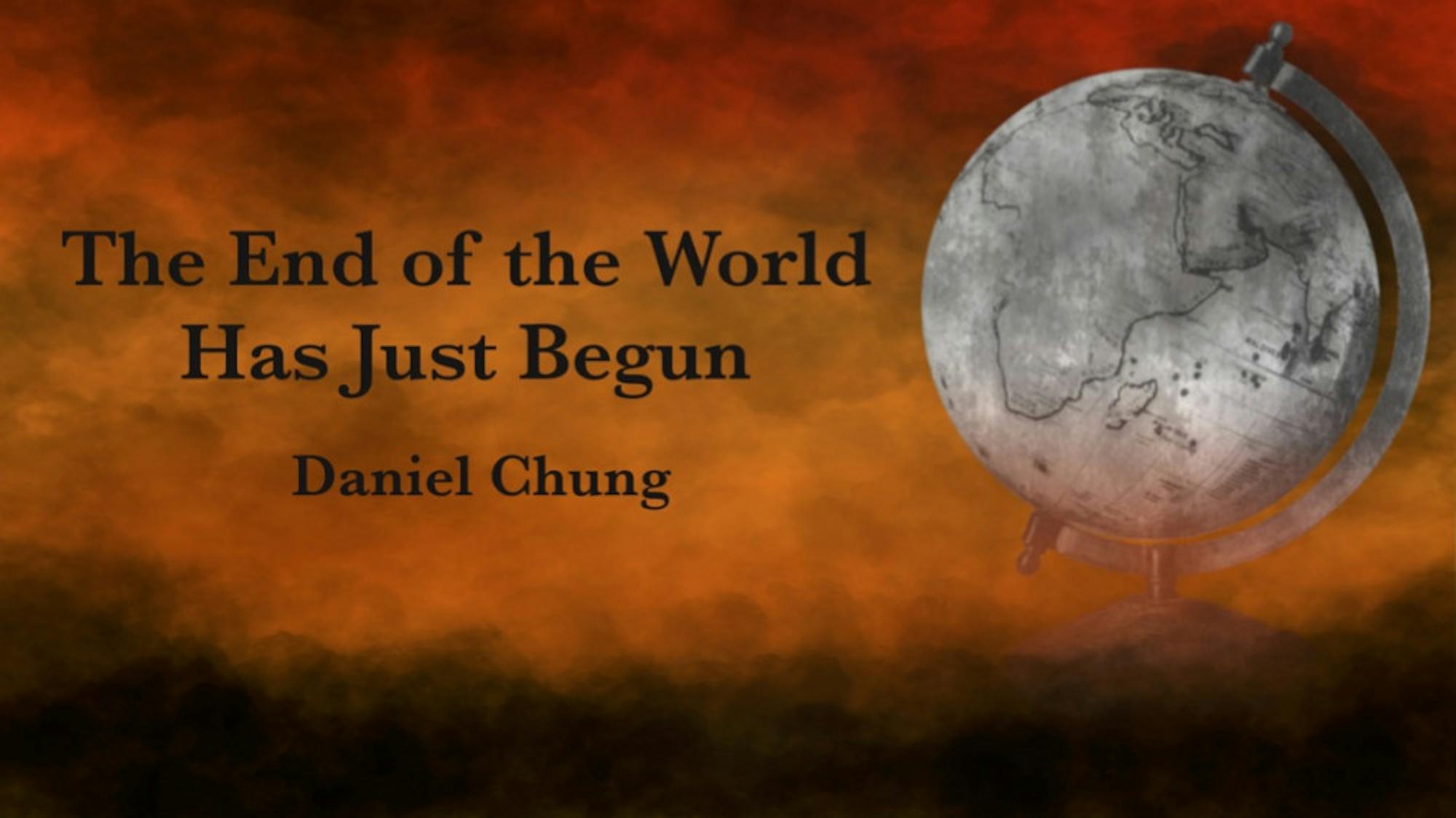In the frenzy of reporting on Joe Biden’s neglect of classified documents, the media seemed to forget about the president’s visit to Mexico. However, as recent news indicates, the backdrop of that event may shape up to be the most pressing threat to U.S. national security.
Before Biden’s arrival in Mexico, Ovidio Guzmán, a son of El Chapo, was arrested, prompting a violent cartel response in Culiacán. In the immediate environment of Biden’s arrival in Mexico, as Biden was scheduled to bring up the United States cartel-exacerbated fentanyl crisis, there was added pressure on the Mexican government to deliver such a crackdown on the cartels. Indeed, an effort is being made to extradite Guzmán to the United States, indicating that his arrest was politically motivated.
The main significance of the recent violence lies within the broader backdrop of cartels. Before the capture of El Chapo, his cartel had been the most powerful in Mexico, extending its influence into the United States. Under President Obama, the United States partnered with Mexico to take down El Chapo, but a power struggle ensued.
And the sons of El Chapo are not the biggest piece of the puzzle. Jalisco New Generation cartel, or CJNG, has in particular become a powerful splinter cartel — and they often make it a point to be violent.
Currently, CJNG is engaged in conflicts with other cartels to control areas bordering the United States, especially the Guanajuato province. If they succeed, they may attempt to exert influence over the criminal underworld in the United States. An obvious strategic outcome of this is that the United States could, in some areas, descend into chaos. However, economically, this would also be wasteful. American public opinion would likely turn solidly anti-Mexico, undermining economic integration, including that with respect to the all-important area of mid-range semiconductor production.
Unfortunately, there does not seem to be a comprehensive cross-national strategy to deal with cartels, and President López Obrador’s dislike of President Biden has driven a further wedge between the two countries. But if the two nations make an effort at political reconciliation, a solution could begin to form.
A first step that the two countries could take in fighting the cartels’ power is setting up a mechanism of legalizing and regulating certain drugs. Under legalization, small players could compete, reducing the price of drugs and creating alternatives to illicit trafficking, which would gut cartels’ primary incomes. At the same time, the new regulatory regime may enable law enforcement to oversee drug production to crack down on cartel involvement.
Of course, this is not a panacea. The cartels have begun to diversify, exerting control over areas outside drugs including avocado farming. A new regulatory regime will only be one prong in an attack on the cartels. A military strategy may be required to deal with the cartels with the U.S. military providing Mexico with training and intelligence support to target middle-level cartel figures.
Thankfully, Mexican-American cultural integration is well on its way. The process of finding a solution to the cartel problem and other strategic obstacles to further strengthening the Mexican-American economic and strategic relationship look more and more like family arguments that will inevitably be resolved. Representatives of both peoples should recognize this new political will and take advantage of the opportunities represented by further integration.






